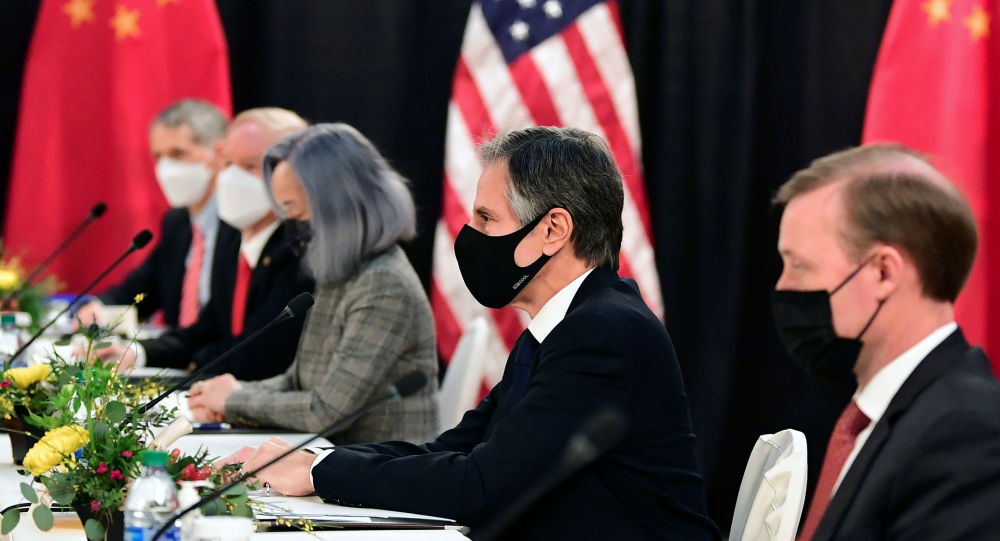1. What was the major achievement of this dialogue?
The first high-level strategic dialogue between China and United States since the Biden Administration took office concluded in “candid, constructive” manner in Anchorage, Alaska, on March 19, “though there are still some important differences between the two sides.”
When US Secretary of State Antony Blinken, in disregard of necessary diplomatic protocols, made unwarranted accusations against China, Yang Jiechi, Director of the Office of the Foreign Affairs Commission of the Communist Party of China (CPC) Central Committee, made blunt criticism of the United States in a rare act in Chinese diplomacy. “The United States does not have the qualification to say that it wants to speak to China from a position of strength,” Yang said firmly.
However, it was thanks to China’s tough stance that the dialogue turned into a “frank and constructive exchange” and helped the two sides agree on future high-level communications and strengthening cooperation on climate change, including setting up a joint working group on the issue.
(source: sputniknews)
2. Was the dialogue successful?
Considering its heated start and the absence of a joint statement, the dialogue seems to indicate a new round of confrontation between the two countries—so the meeting was hardly a successful one in traditional sense. However, in the context of the extreme deterioration of China-U.S. relations during the four-year Donald Trump Administration, with the relations having reached their lowest point, neither side had expected the dialogue to effectuate a rebound in the relationship. Its main object was for each party to make their position clear and determine their counterpart’s intentions, in order to move forward more purposefully rather than continuing with useless quarrels. The achievement of this meeting cannot, therefore, be assessed using previous criteria. In managing to sustain the status quo and avoid further deterioration, it was undoubtedly a step forward.
3. Will the dialogue worsen China-U.S. relations?
The rare opening diplomatic skirmish at the Anchorage meeting portends tough times of China-U.S. relations ahead. Especially after four years of ups and downs under the Trump Administration, the prospects for rapid improvement in bilateral relations are bleak. Over the past four years, the U.S. government and certain factions around it have been unusually hostile to China. It will be difficult for the Biden Administration to disentangle itself from the influence of the China policy set by the previous administration. With anti-China voices in Congress and the among the public, the Biden Administration must show a tough attitude toward China in order to ease the pressure. Even in areas with clear potential for China and the United States to work together, the Biden Administration needs to be careful about what it says and does, and be prepared for criticism from anti-China forces. To approach the question from another perspective, the fact that the dialogue took place earlier than many observers had predicted reveals that the two countries have many shared interests at stake, and are still able to conduct mutual communications.

(source: Global Times)
4. Will there be any other high-level talks in the near future?
The prospects for China-U.S. relations are complicated and challenging. Just like crushing and melting Alaska’s massive glaciers, it is of great difficulty for the relations to turn around in a short period of time. Yet the dialogue should not be seen as a sign of permanent confrontation, but as a symbol of a new era for China-U.S. relations. Previous perceptions, judgement and even communication styles between China and the United States will be reshaped. As Blinken said, the two sides discussed mutual interests during the dialogue, such as issues related to Iran, North Korea, and Afghanistan, as well as differences in trade and economy. It is believed that after a new round of policy review, they will hold further high-level strategic dialogues. Pragmatic talks between China and the United States at the executive level will also be possible in the future.

